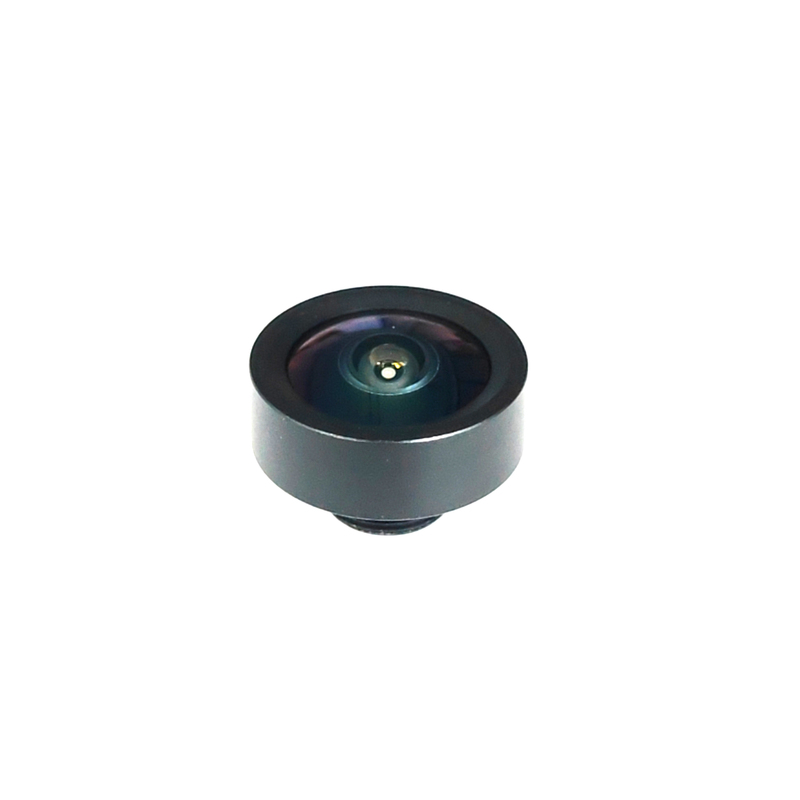he impact of vehicle camera lenses on night vision performance.in other words automotive lens It is possible to develop in a good direction, and there are still many places worth looking forward to in the future. https://www.oksee-lens.com/
The night vision performance of vehicle cameras is an important factor affecting driving safety, especially at night or in low-light conditions. As the core component of the
camera, the lens has a direct impact on night vision performance.
Factors affecting lens performance on night vision
Sensitivity:
Large aperture: The larger the aperture, the more light enters, and more light can be captured in low-light environments, improving the brightness of the image.
High-sensitivity sensor: A high-sensitivity sensor can produce stronger electrical signals in low-light environments, resulting in brighter images.
Lens material:
Glass lens: Good light transmittance and high image quality, but the cost is higher.
Plastic lens: Lower cost, but slightly poorer light transmittance, which may affect night vision.
Lens coating:
Multi-layer coating: It can effectively reduce glare and stray light, improve image contrast, and enhance night vision.
Infrared night vision function:
Infrared filter: Some car cameras are equipped with an infrared filter, which can filter out visible light and only allow infrared light to pass through, allowing imaging in
complete darkness.
Digital noise reduction technology:
The image is processed through algorithms to reduce noise and improve image clarity.
Other factors affecting night vision performance
Image sensor: The performance of the photosensitive element directly affects the image quality. A high-quality sensor can obtain less noise and better details in low-light
environments.
Image processing algorithm: Advanced image processing algorithm can effectively improve image quality and enhance night vision effects.
Light source: External light sources such as vehicle headlights and street lights will also affect the night vision effect of the camera.
Ways to improve night vision performance
Choose a large aperture lens: A large aperture lens can capture more light and improve night vision.
Choose a high-sensitivity sensor: High-sensitivity sensors produce stronger electrical signals in low-light environments.
Use the infrared night vision function: In a completely dark environment, the infrared night vision function can provide additional lighting.
Upgrade the on-board computer: A more powerful on-board computer can handle more complex image processing algorithms and improve night vision.
Summarize
Vehicle camera lenses have an important impact on night vision performance. By selecting the appropriate aperture, material, coating, and matching with
high-performance sensors and image processing algorithms, the night vision capabilities of vehicle cameras can be effectively improved and driving safety ensured.
Things to note are:
The higher the night vision performance, the better. Too high a sensitivity will introduce more noise and affect the image quality.
Different application scenarios have different requirements for night vision performance, and you need to choose an appropriate camera based on the actual situation.